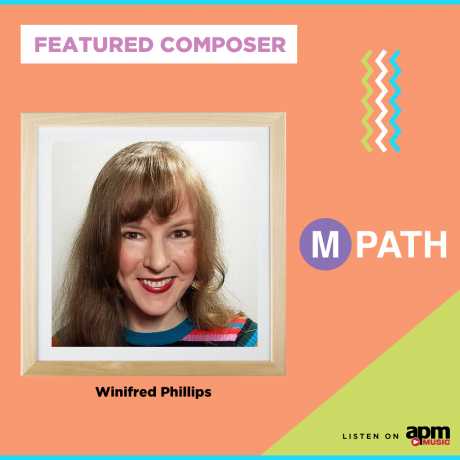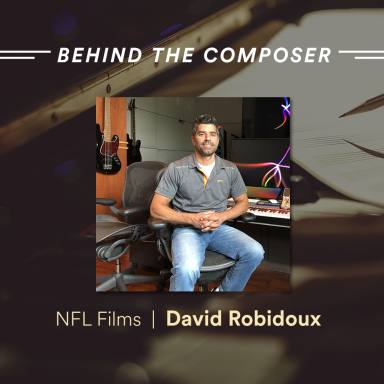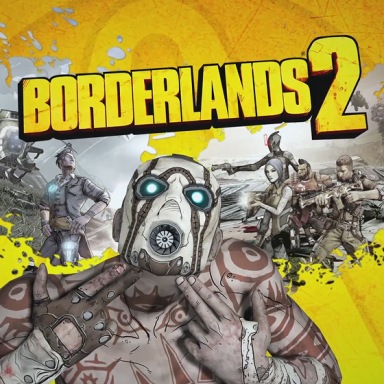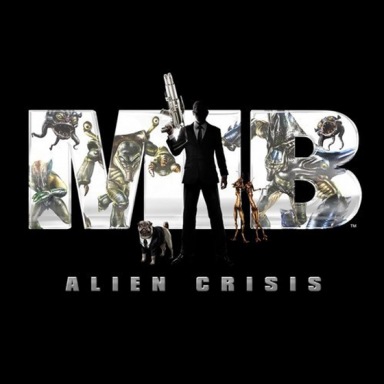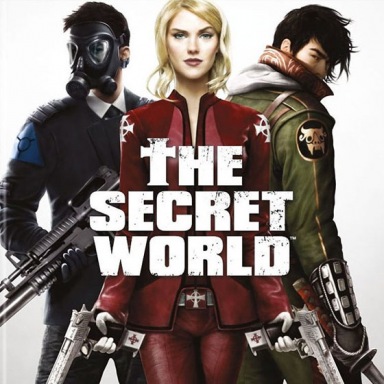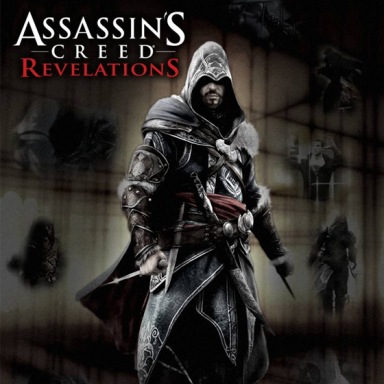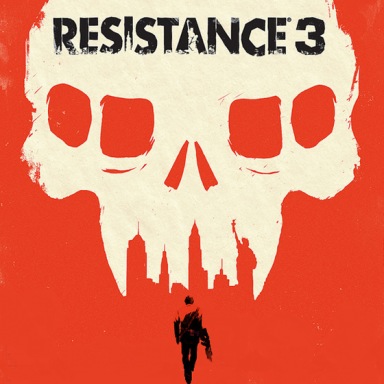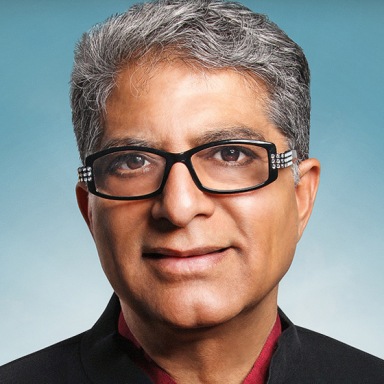Meet Winifred Phillips, the Award-Winning Video Game Music Composer
Composer Spotlight: Meet Winifred Philips, the Award-Winning Composer Behind Some of Your All-Time Favorite Video Games
One quick glimpse at Winifred Phillips' brilliant and stylistically diverse portfolio is all it takes to hope that someday she'll be at the center of a full-length biopic detailing her incredibly inspiring career. Although such an enthusiastic (and understandably warranted) fan request has yet to properly manifest, the award-winning composer can be found remaining laser-focused on doing what she does best: composing captivating scores for a variety of projects, continuing to challenge herself musically and sharing her hard-earned wisdom with others.
First exploring her love for music as a child, Phillips' interest in music was further supported by her middle school band teacher, who observed she was a quick learner and encouraged her to learn new instruments. As the years unfolded and Phillips expanded her musical education, she initially found her footing composing for a drama series on National Public Radio Playhouse, working alongside esteemed music producer Winnie Waldron who would soon become her longtime collaborator. In 2004, Phillips made her debut composing for the heralded PlayStation 2 action-adventure game God of War, a project that ultimately cleared an impassioned pathway for the next chapter of her professional music career to be focused on the interactive medium.
Since making her mark on the gaming industry with God of War, Phillips has gone on to compose music for over fifty video games, including for some of the most cherished franchises in the business. Her ever-expanding list of credits includes composing seven games in the LittleBigPlanet franchise (including for the recently BAFTA-nominated Sackboy: A Big Adventure), Total War Battles: KINGDOM, Assassin's Creed Liberation, The Da Vinci Code, Speed Racer, Shrek the Third and Spore Hero, to name a few. As one of the most accomplished composers in the industry, Phillips has been recognized for her work from a variety of prestigious institutions, including receiving an Academy of Interactive Arts & Sciences Award for Outstanding Music Composition. She has also been awarded six Game Audio Network Guild Awards (including Music of the Year) and three Hollywood Music in Media Awards, among others.
In addition to crafting engaging, dynamic and stylistically disparate scores for the video game medium, Phillips has also added the titles published author and public speaker to her repertoire. Her bestselling book, A Composer’s Guide to Game Music, garnered widespread praise, with critics championing her ability to translate her passion for composing for video games to the page. As one of the most invaluable, comprehensive guides for composers aspiring to excel in the field of game music, Phillips' masterful book won an array of awards, including a GMA Book Award Gold Medal from the Global Music Awards, a National Indie Excellence Book Award, a Nonfiction Book Award from the Nonfiction Authors Association and an Annual Game Music Award from Game Music Online in the category of "Best Publication."
On top of balancing her composing work with amiably lending her expert advice to others, Phillips has also released ample production music albums, with her work being featured in trailers for blockbuster films such as Avengers: Endgame and Disney's The Jungle Book. Phillips’ credits in television include PBS' “NOVA,” “Anthony Bourdain Parts Unknown,” “It’s Always Sunny in Philadelphia” and the long-running “Nature” series on PBS, to name a few.
With her love for music and creative collaboration at the very core of every endeavor she embarks on, Phillips has emerged as an industry leader with an unwavering dedication to her craft. From giving lectures at the Library of Congress to participating in one of the most popular gaming Reddit Ask-Me-Anything sessions hosted on the platform, Phillips is a bonafide enthusiast of the medium and is dedicated to doing her part to ensure the next generation of video game composers is supported and well-poised to succeed. Phillips' dedication to paying it forward is another example of her humble and caring nature, a refreshing quality that feels increasingly rare in competitive fields such as the production and gaming music industries today.=
While the team here at APM Music is among those eagerly awaiting to hear her next project announcement as 2021 unfolds, Phillips graciously took some time out of her busy schedule to share more about how she got involved with composing for the video game medium specifically, what helps her creative process and advice that has stuck with her personally over the years.
Can you tell me a bit about your musical background? What was your introduction to first viewing the video game medium as being a creative outlet for music?
I’ve been composing music for video games for over fifteen years now, ever since my first project – the original God of War. Before that, I was the composer for an NPR series that adapted classic literature for a national listening audience. Working with award-winning producer Winnie Waldron, I composed music for over a hundred episodes of that series, and the episodes ranged from Beowulf, to War of the Worlds, to The Tell-Tale Heart. It turned out to be fantastic training for my later career as a video game composer. I’d been an enthusiastic gamer for a long time, so when it finally occurred to me that I could make a career shift to game music composition, I got really excited. Creating music for immersive, active experiences like video games is very inspiring for me.
What has scoring for the gaming medium in general taught you about your craft as a musician? In what ways does the medium inspire you?
Composing for games is a very unique process, unlike music composition for other forms of entertainment. In games, each individual player has personal agency within the world the game developers have created. Players can pursue their own adventures, with unpredictable results. Because of this, a composer can’t work in a traditional linear fashion, creating music with a clear beginning, middle and end. Instead, game music must be written in modular component parts that can be disassembled, juggled and recombined in many ways. The game software needs to be able to deploy music as a malleable asset that can adapt to changing circumstances and support the player’s unique journey.
The challenge for a composer is to create music that’s still emotionally vibrant and evocative, while also accommodating the matrix of technical requirements that are an inherent part of video game composition. While this can feel restrictive, it also forces a composer to grapple with problems in original ways. The structure of game composition has encouraged me to embrace more unexpected artistic choices. In my work, I’m constantly breaking down the elements of my compositions, separating their inner workings so they can be rearranged in different ways. I think this has helped me to be a more flexible composer, more willing to experiment.
When first starting out, were there any particular games that you would study or revisit to learn more about what the composing process was like?
I played a lot of games when I was first starting out, and I still do. Studying lots of different games can serve a game composer really well. I’ve never focused on any particular game, but it can be useful to revisit games in the genre of your current project. For instance, when I was working on a game in the Total War franchise, I studied an assortment of strategy games to get a sense of the role music plays in the experience, and the style of music that typifies the genre.
I'd assume being organized is a very key part to accomplishing a successful video game score. Would you say that the environment in which your best work is created is very organized? What else helps you create your best work?
I definitely try to stay organized when I’m working. My digital environment is well compartmentalized in one of my studio computers, with all the reference files, asset spreadsheets and art JPEGs sorted into handy folders and readily available. My real-world physical environment in the production studio can get a bit cluttered, with pages full of scribbled notes, print-outs of design documents that I’ve highlighted and scattered around, and maybe some books I’m consulting for research purposes. I’m constantly clearing off the detritus, only to see another assortment of project materials scatter themselves around again. I like being surrounded by inspirational resources, like design documents, concept art and books that can provide me with ideas or insights into my current project. All these materials are really helpful in keeping my creativity flowing.
Looking back throughout your storied career, what would you say is a project or accomplishment that stands out and that you're really proud of?
I’ve been fortunate to compose music for projects in a lot of different genres, from serious action games like God of War, to light-hearted family games in the LittleBigPlanet franchise. It’s been especially nice to have that kind of creative freedom, to move back and forth between menacing and whimsical projects. Some of my most favorite projects are the ones that have the most passionate fans, because their feedback has been so affirming and inspirational to me. I’m grateful to all the listeners who support the music I composed for Assassin’s Creed Liberation. It was such a thrill to see my music from that game performed by an 80-piece orchestra as a part of the Assassin’s Creed Symphony world tour, and the enthusiasm of the fanbase really meant a lot to me. I’m also amazed at the continuing enthusiasm for my Speed Racer video game score. So many people remember my music from that game, and it makes me happy that they continue to enjoy it! I’m also really proud to have worked with Electronic Arts on composing music for entries in the Sims and Spore franchises. Both franchises are richly creative, playful and lighthearted; so that was tremendous fun for me!
In what ways do you feel the industry at large can encourage more women to become composers, and tangibly support their careers in doing so?
I think that events like the Game Developers Conference (GDC) are doing a really good job in promoting diversity and highlighting the voices of underrepresented groups. I’ve been giving presentations on game music at GDC since 2015, and it has been an incredibly positive experience for me. Events like GDC provide a forum for a more diverse exchange of ideas from a larger and more representative community. I really appreciate how hard these game industry events are working to ensure a welcoming environment for everyone involved. With this kind of safe forum for expression, we have an opportunity for our voices to be amplified. I think that when women who aspire to be game composers see other successful women in the field, that can be very encouraging.
We love your annual "Getting Your Big Break" article that you write each year for Gamasutra and how you remain committed to being transparent about your experiences in the industry. While there are many gems and pieces of advice to share with others in those features, what would you say is a piece of advice that has stuck with you personally throughout your career, or advice you'd give a younger version of yourself?
There’s a story I heard a long time ago, I don’t remember where. It stuck with me. As the story goes, a security guard was walking his rounds in a mammoth art museum at closing time, making sure everything was safe and everyone had gone home. Suddenly, he spots someone who has jumped over a velvet rope and is desecrating an invaluable painting! The security guard rushes forward, yelling 'Stop!' Then he stumbles to a halt, recognizing the person standing there. It’s the original artist of the painting, holding a little kit of paints and brushes, and tenderly dabbing paint on one tiny corner of the canvas. Confronted, the artist looks at the security guard with a mixture of pleading and sadness, and whispers, "I just need to fix this one thing. Just this one thing." This story has stuck with me over the years. As composers, we grow and learn with each project. A natural byproduct of this is an audible learning-curve in our repertoire, but that’s something we should try to embrace and accept. If we aren’t improving our skills from one project to the next, we’re not doing it right.
In this next chapter of your career, what do you hope to accomplish next?
I’ve been really enjoying the past year or so, with a lot of stylistically-divergent projects in my schedule. I can’t talk about any of them at the moment, but it’s been great fun! I’m looking forward to continuing that trend – my work continues to be challenging and fun, and I feel very fortunate to be a game composer!
In addition to her enthralling work as an in-demand game music composer, Winifred Phillips has also contributed to a wide array of production music albums as part of the MPATH library. Take a look at her expansive catalog on APM Music here!

